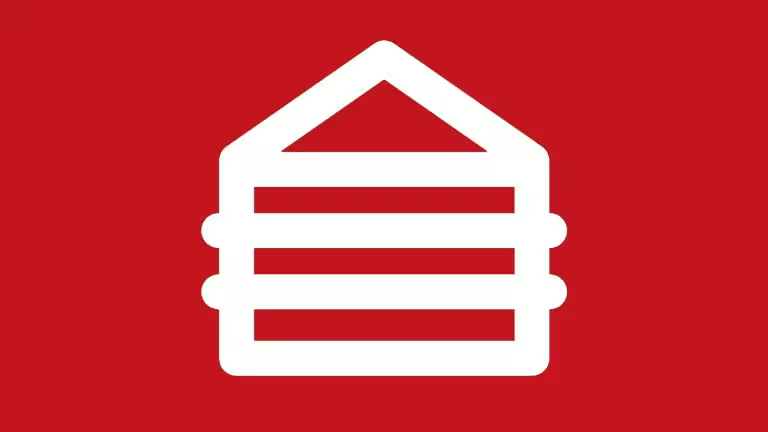I bought a very nice cabin in 1992 for a fair and reasonable price. Today, when I look at my tax statement, I realize that I now own a mansion!
Yes, I know the old bromide that this is taxation without representation. In many areas cabin property taxes are a primary source of revenue for local governments. In point of fact, if cabin owners were allowed to vote in those areas, we might hold the balance of power politically there.
However, that is not to be.
Why the increases? Yes, I have indeed made a lot of improvements on my cabin over the years, resulting in some legitimately earned increases in valuation. Insulating the entire cabin, installing a lift down to the lakeshore, building a garage and a new walkway, adding a snowmobile trail, replacing the gazebo, etc., are just a few of the improvements that come to mind.
All these improvements cost money but have certainly improved the cabin and its value. So I don’t lament the increased valuation too much – except for the normal reaction to the relative unfairness of increased property taxes. You are being taxed on value you receive only once in your lifetime – when you sell. But that’s not much consolation if you don’t want to sell.
So it’s really a use tax and that’s how I look at it – or try to, anyway – every time my property tax bill comes.
A cabin economy. I also look at it in a different light than many people do: Actually, there is some cause for rejoicing as one ponders the valuation of one’s cabin. As I look at relative sales of cabins around my lake I realize that inflation is a small factor, but the rapid appreciation of cabin values is even more rapid.
Prices paid today for cabins, lakehomes, etc. surpass any memories I have about what is a fair and reasonable price. There is certainly a real estate bubble in our current economy and cabins and recreational property have been probably the biggest beneficiaries of those increased values. Whether it is all truly justified, I shall leave to future economists to ponder.
One thing the rapid appreciation of property values does say is that there are a lot of people out there who would like to live this dream, so I consider myself very lucky.
And cabins built today are often a grander enterprise, sometimes bearing small resemblance to what we used to think of as a cabin retreat. However, no matter the size, they all fulfill the same function for everyone as a getaway place from everyday routine or, more properly put, a second home with a much different personality.
The real difficulty comes into play when people have owned a cabin or had a cabin in their family for a long time and the property taxes have increased to the point that keeping the place becomes difficult. This is a very real problem for which no one has come up with a good solution.
One thing it does say is that a well-thought-out estate plan is now extremely necessary. Even that small post-World War II 70-foot lake lot has appreciated significantly.
A different view. So I try not to lament the taxation problem or the constantly increasing valuation. Rather, I tend to reflect somewhat gratefully on what can be considered, in the long term, good fortune. I bought a cabin to use for recreational purposes and I find many years later that I also made a very astute investment. In fact, I can recall very few investments in the same time span that have achieved anywhere near the rate of return as my lakeside cabin has achieved.
In short, it is a good example of the Law of Unintended Conse-quences. I certainly didn’t have asset management in mind when I bought my cabin. By happy circumstance, it has become a much greater asset than I ever anticipated.
Thus, when I go to my cabin today, I sit on my deck and look around me at the “mansion” that I now own and occupy. As Martha Stewart would say, “It’s a good thing!” Maybe.
Lars F. has refused the 12-step plan to control his cabinitis. Only his first name is used to protect his identity.
 Clive Mathias/Agency: Dreamstime.com
Clive Mathias/Agency: Dreamstime.com 


